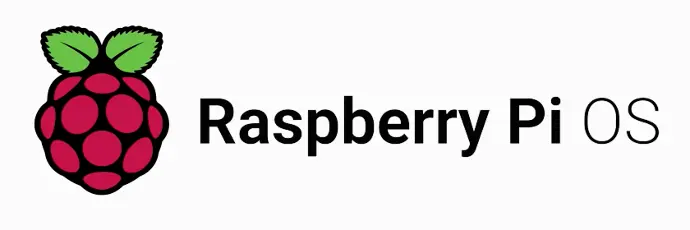
Bhargav Patel
Embedded Linux has become the backbone of countless devices, from simple sensors to complex industrial systems. Its versatility, robustness, and open-source nature make it the go-to choice for developers and engineers working on embedded systems. However, not all embedded Linux distributions are created equal. Different projects have unique requirements, and selecting the right distribution can be critical to the success of your embedded solution. In this blog, we'll explore the diverse world of embedded Linux, focusing on key distributions and their specific use cases.


Yocto
A flexible framework for creating customized Linux distributions tailored to specific hardware and application needs, offering extensive customization and control over the build process.
OpenWrt
A robust open-source Linux distribution designed for networking devices, providing advanced routing, firewall, and VPN functionalities, as well as a modular package system for extensive customization.

Ubuntu Core
A minimal, containerized version of Ubuntu designed for IoT and embedded systems, emphasizing security through transaction-based updates and isolation of applications.

Raspberry Pi OS
The official Debian-based operating system for Raspberry Pi, optimized for the hardware and providing a user-friendly environment with a wide range of pre-installed software and tools.

Buildroot
A simple and efficient tool for building embedded Linux systems, allowing users to generate a complete toolchain, root filesystem, kernel, and bootloader with minimal configuration effort.
1. Yocto Project: Customization and Flexibility
The Yocto Project is not a Linux distribution in the traditional sense, but rather a set of tools that allows developers to create custom Linux distributions for embedded devices. It's highly customizable, making it ideal for projects with specific requirements that off-the-shelf distributions can't meet.
- Use Cases:
- IoT Devices: Yocto's flexibility allows for tailored security, networking, and storage solutions.
- Automotive: Yocto is often used in automotive systems where real-time performance and reliability are crucial.
- Consumer Electronics: For devices requiring a unique user interface or specific hardware support, Yocto provides the tools to create a highly optimized OS.
2. OpenWrt: Networking and Routers
OpenWrt is a Linux distribution specifically designed for network devices like routers, switches, and gateways. It offers a fully writable file system, package management, and extensive customization, making it a powerful solution for embedded networking.
- Use Cases:
- Routers and Wireless Access Points: OpenWrt's flexibility allows for custom firmware that can enhance the functionality and performance of networking devices.
- Residential Gateways: It provides the ability to add or modify features such as VPNs, parental controls, and QoS.
- Mesh Networking: OpenWrt supports mesh networking protocols, making it suitable for creating large, interconnected networks.
3. Ubuntu Core: Security and Containers
Ubuntu Core is a minimal, containerised version of Ubuntu designed specifically for IoT devices and embedded systems. It focuses on security, providing automatic updates and a transactional package management system known as snaps.
- Use Cases:
- Industrial Automation: Ubuntu Core's focus on security makes it ideal for industrial environments where updates and patches need to be applied without disrupting operations.
- Smart Home Devices: With its robust security model, Ubuntu Core is a great choice for smart home devices that require regular updates.
- Digital Signage: The ability to deploy updates securely and consistently across a network of devices makes Ubuntu Core suitable for digital signage.
4. Buildroot: Simplicity and Speed
Buildroot is a simple, efficient tool for creating embedded Linux systems. It’s known for its simplicity, speed, and small footprint, making it ideal for projects where resources are limited.
- Use Cases:
- Simple IoT Devices: Buildroot is perfect for devices that need a minimal, efficient Linux environment without the overhead of a full distribution.
- Embedded Systems with Limited Resources: For devices with strict memory and storage constraints, Buildroot’s lightweight nature is a key advantage.
- Prototyping and Development: Its quick build times make Buildroot an excellent choice for rapid prototyping.
5. Raspbian (Raspberry Pi OS): Education and Prototyping
Raspbian, now known as Raspberry Pi OS, is a Debian-based Linux distribution optimized for the Raspberry Pi hardware. It's user-friendly, making it popular for educational purposes and rapid prototyping.
- Use Cases:
- Educational Projects: Raspberry Pi OS is widely used in classrooms and by hobbyists for learning about computing and programming.
- Prototyping: Its ease of use and extensive community support make it ideal for developing and testing new ideas on Raspberry Pi hardware.
- Home Automation: Many DIY home automation projects are built on Raspberry Pi OS due to its flexibility and the wide range of available software.